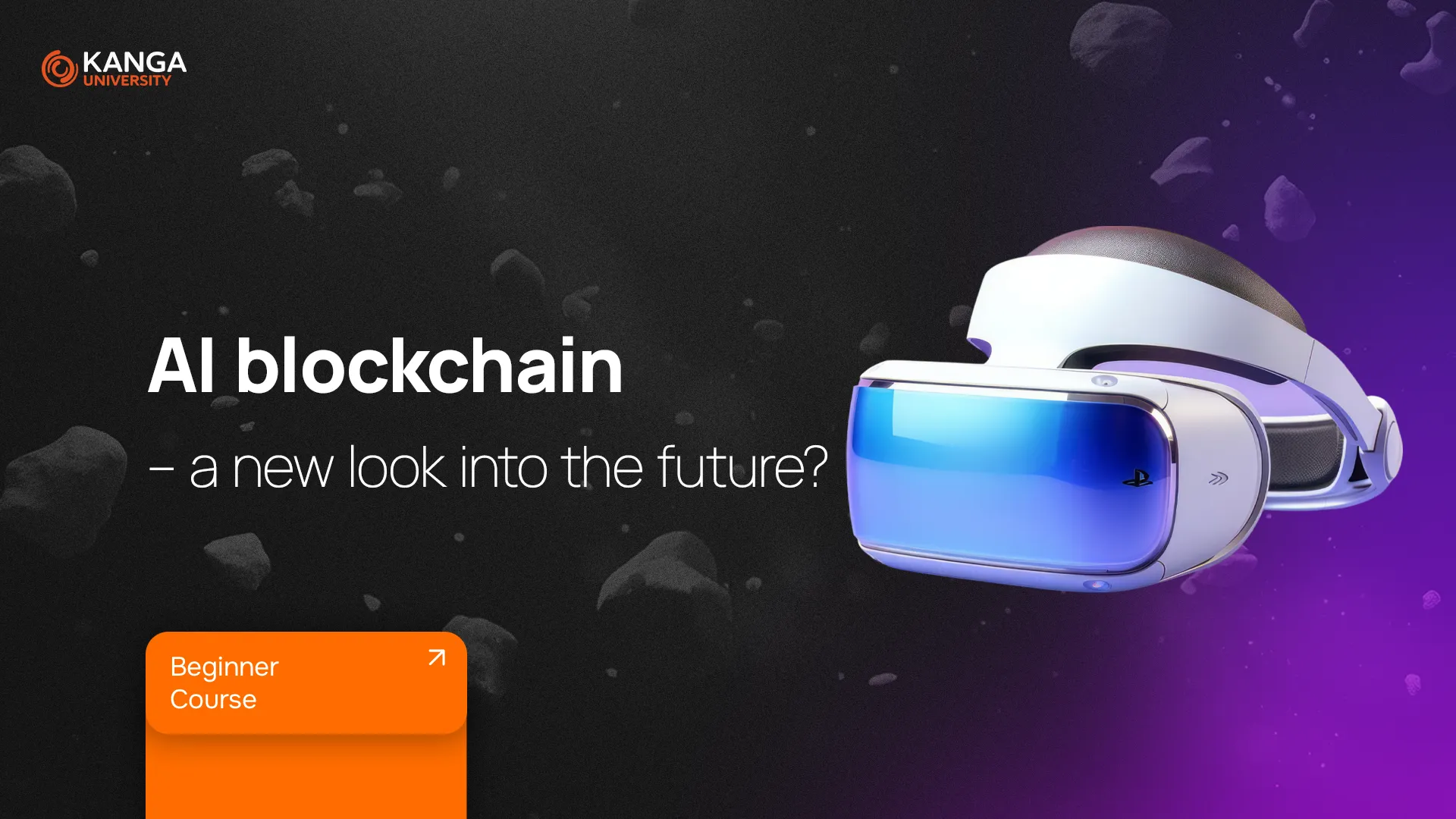
What Is Artificial Intelligence (AI)?
Imagine a computer that can think and learn like a human. That’s AI! It refers to computer programs that can perform tasks requiring human-like thinking, such as recognizing images, analyzing data, or making decisions.
You’ve probably already encountered AI in daily life, for example:
- Voice assistants like Siri or Alexa
- Streaming services recommending movies or music
- Smart chatbots that answer your questions online
AI is becoming more advanced and integrated into our everyday experiences.
What Is Blockchain?
Now, think of a giant digital ledger that records transactions, but instead of being stored in one place, it exists on thousands of computers worldwide. That’s blockchain!
Blockchain is a secure and transparent way to store data. Every transaction is recorded in a chain of blocks, making it nearly impossible to alter or hack. This technology ensures trust and security in the digital world.
It’s most famous for being the foundation of Bitcoin and other cryptocurrencies, but it has many other applications.
How Can AI and Blockchain Work Together?
Combining AI and blockchain is a technological revolution! Here’s how these two powerful innovations can work together:
1. Data Security
AI can analyze and detect fraud, while blockchain ensures secure and tamper-proof data storage. Together, they create a system that protects personal and financial information.
2. Decentralized Applications (DApps)
Thanks to blockchain, applications don’t have to be controlled by a single company. AI can manage and improve these decentralized apps, making them more efficient and user-friendly.
3. Smarter Financial Services
AI can analyze markets and assist in investment decisions, while blockchain enables safe and transparent digital transactions. This combination could transform banking, trading, and finance.
Why Does This Matter to You?
In the coming years, AI and blockchain will impact many aspects of our lives, including:
✔ Better online services – More personalized recommendations and smarter virtual assistants.
✔ Safer transactions – Lower risk of fraud thanks to blockchain’s transparency.
✔ New career opportunities – A growing demand for experts in AI and blockchain-related fields.
Even if you’re not a tech expert, understanding these technologies can help you stay ahead in a rapidly changing digital world.
Summary
Artificial intelligence and blockchain are shaping the future. While they may seem complex, their goal is simple: to make life easier, safer, and more efficient.
By working together, these technologies open new doors for innovation, security, and global financial opportunities. Staying informed will help you make the most of these exciting advancements!